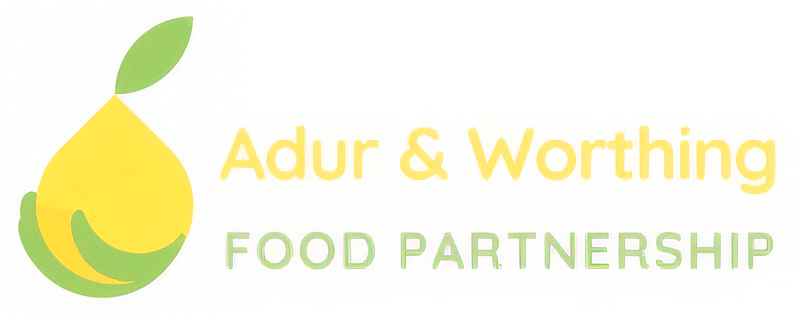We recently partnered with University of Brighton to carry out some research on people’s experience of Community Food support.
The research asked participants to take photos of their cupboard for use as prompt to describe their experience of relying on food support (photo elicitation). The aim of this research was to better understand the experience of food poverty, with the hope that this information could help organisations make informed decisions when offering food support.
The findings were released this September by Carl Walker at the ‘Hunger, Trauma, Dignity and Community Support’ where Pat Schan also spoke about how the research translates into practice. Over 60 people from across the country attended to listen to and discuss the findings. If you missed the event, you can catch-up here, and read on below for a summary.
What does the research say?
Hunger trauma is normally understood in terms of anxiety and depression, but the findings of this research suggest that hunger trauma is distinct from other forms of trauma. Hunger trauma can cause constant emotional distress. It is physically felt, leading to pain and fatigue. Many who experience hunger trauma feel multiple forms of guilt and may question their entitlement to support. Hunger trauma can also be dehumanising, as having to rely on food support is often experienced as a sustained attack on the sense of self; choice is taken away from those who access food support and many feel useless or ashamed, as many feel like it is their fault.
A key insight that came out of the presentation and discussion, is that we ought to take hunger trauma more seriously especially when making decisions about how we organise food support. Some steps towards this goal include improving support to be more dignified and reciprocal for those who access it. Given the impact of hunger trauma, it was suggested that we should consider food poverty to be a public health emergency and that we need to organise nationally to ensure the ‘Right to food’.
Moving forward, the recommendations are to focus on creating spaces where different organisations can come together and organise to campaign for change, utilising organisations with bigger platforms to make sure the messages are heard. We know food support is badly needed, but it is not the answer to underlying problems that cause it.
Listen to the presentations and discussion, here. Find the full list of resources, including the report, case studies and presentation here.


